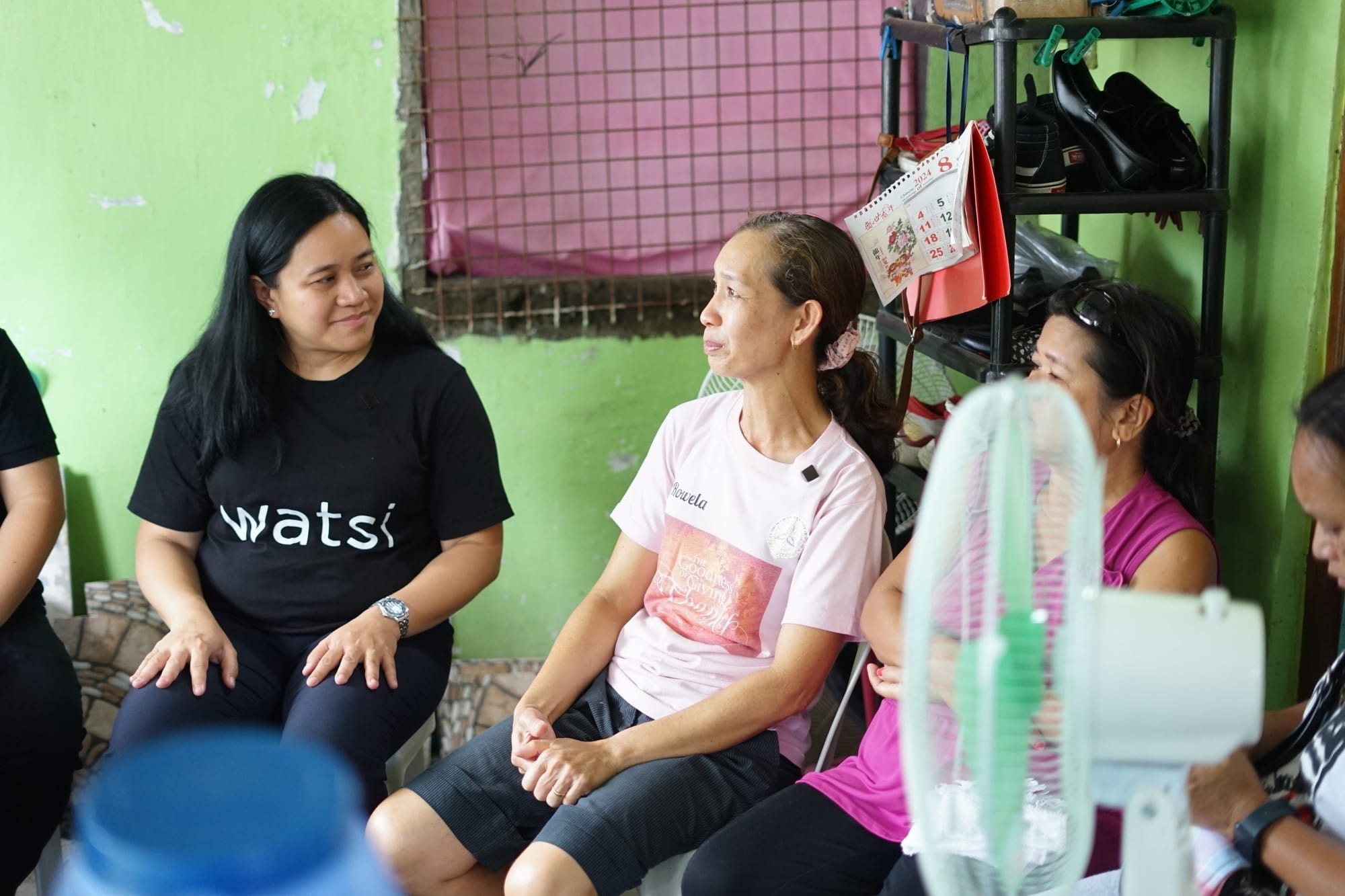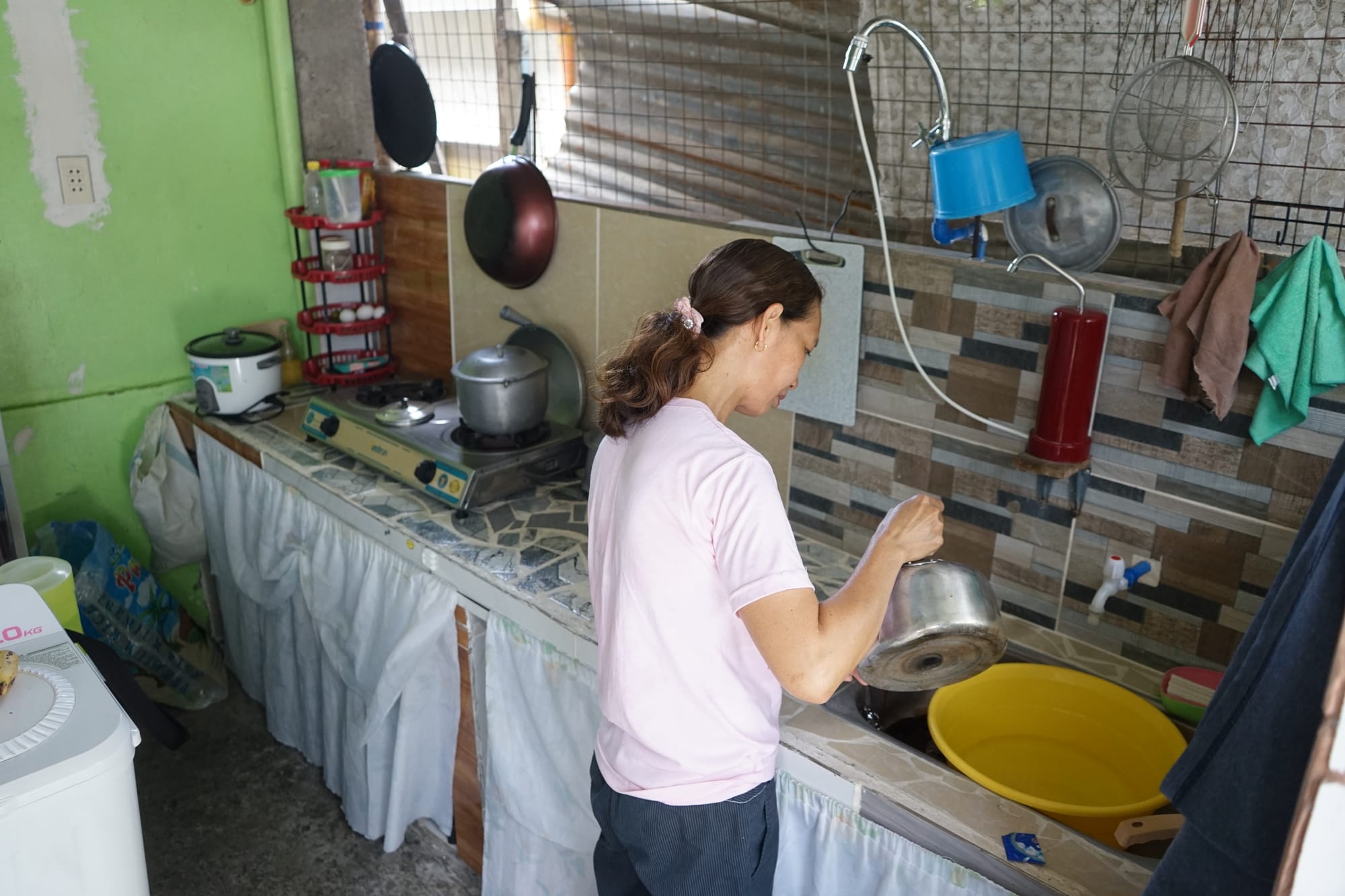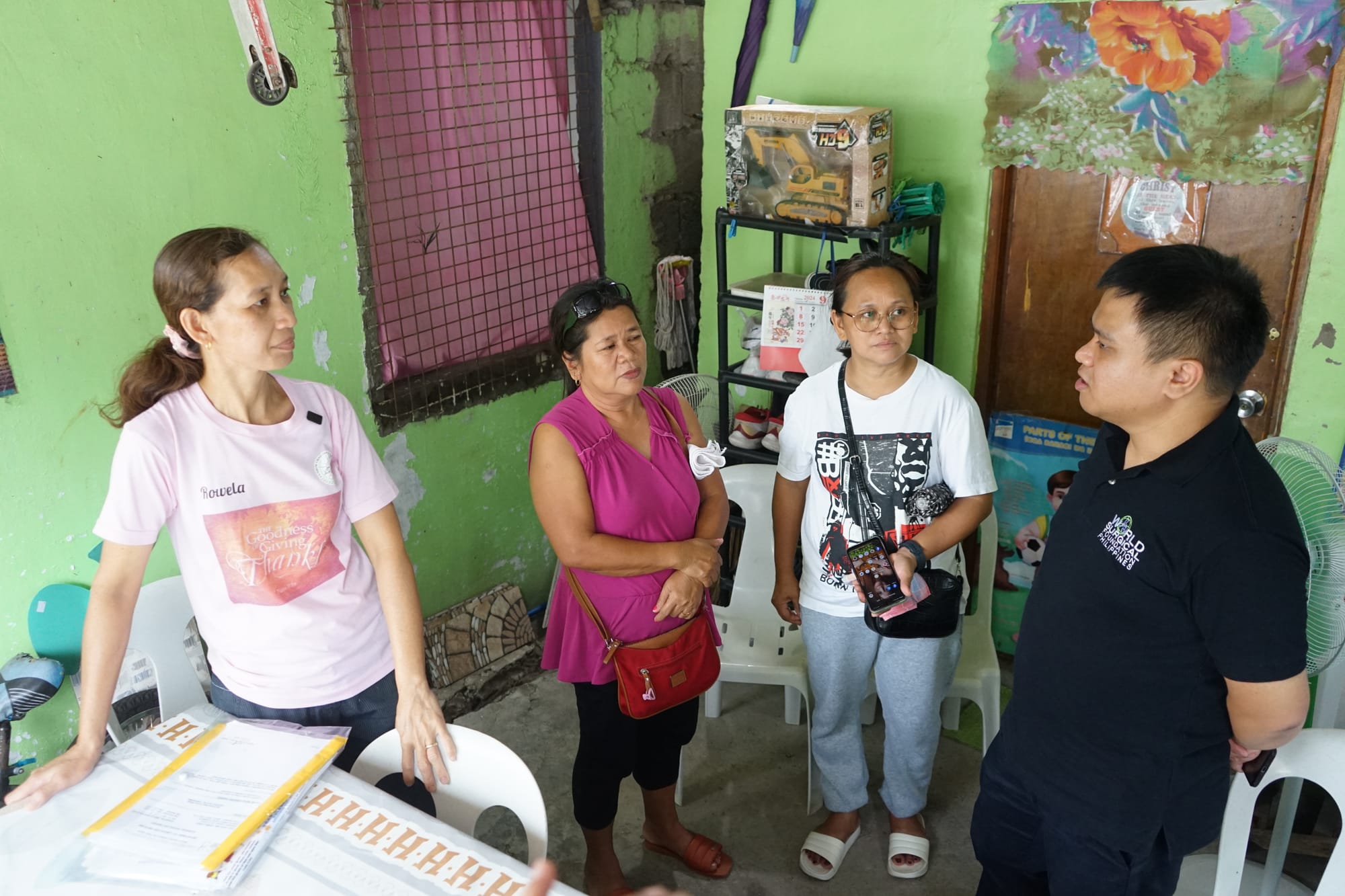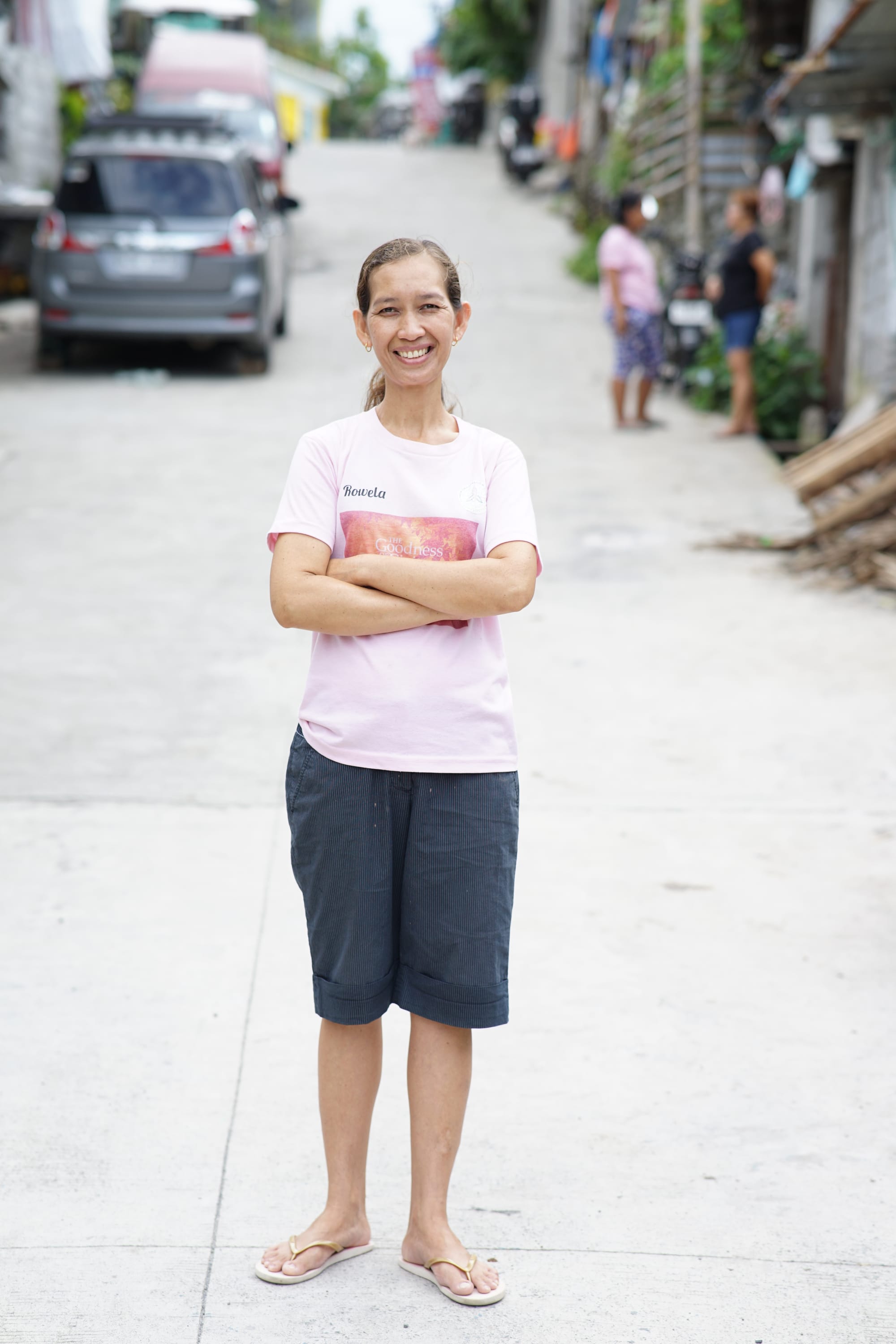Women spend 25% more of our lives in poor health than men (World Economic Forum, January 2024)
The health gap for women is not only real—it’s alarming. And, now is the time to do better. Millions of women and girls globally lack access to essential healthcare. According to the World Economic Forum, closing this gap could boost the global economy by $1 trillion, annually.
800 women die needlessly every day: How is this still happening?
In a world where we can perform surgeries remotely and create 3D-printed blood vessels, 800 women still die every single day from pregnancy- and childbirth-related causes (WHO, 2024).
In 2020, a woman died from childbirth every two minutes.
Tragically, 95% of these deaths occurred in low- and lower-middle-income countries. Simple solutions exist, yet are still out of reach.
In my role at Watsi, I get to hear the stories of each and every patient we support. Every day, I am surprised at how many women wait years, sometimes decades, to access medical treatment for their conditions. Norah and Provia lived with thyroid challenges for 30 years before receiving care. Peninah endured a fracture for years before finally having surgery. Sokhom waited 24 years to repair her perforated eardrum so she could hear clearly.
We know that women are forced to delay seeking treatment for many reasons. Some think they can handle the pain or hope the symptoms are temporary and will go away. For others, it is because no one will care for their children or elderly parents, or manage their household. Some are worried about missing work, others are worried about how expensive care will cost them, and many fear the diagnosis.
“It was so painful that I wanted to die.”
One story that stays with me is Rowela's.

I visited her at home just outside Manila — the capital city of the Philippines — where she lives with her three sons. Her husband works as an Overseas Filipino Worker in Qatar. Ten years ago, Rowela discovered a lump in her breast. Fearful of the worst, she ignored it, hoping it would go away. But as the years passed, the lump grew, causing more pain and discomfort. When her sons asked what was wrong, she told them, "I'm fine," not wanting to worry them.

She shared with me how the weeks before she finally sought treatment, the pain would be so unbearable that she could no longer sleep. It would hurt when she would lie on her back or on her side. She would call her husband and cry all night because of the pain.
“It was so painful that I wanted to die,” she said.
The strength of community

Thankfully, her sisters-in-law, who live down the street from her, would not let this happen. “They told me, you still have three children who need you. Let’s find people who can help get you treated,” Rowela recalled.
Together, they learned about our medical partner’s care center, Our Lady of Peace Hospital (OLPH). They traveled to the hospital and found that Rowela may be able to get help from Watsi’s medical partner, World Surgical Foundation Philippines, which provides surgeries at OLPH for patients who are not able to afford the cost on their own.
A new beginning: “I feel great!”
In April, Rowela successfully underwent a mastectomy. You could see the relief in her face and eyes like a huge weight had been taken from her. When I asked her how she felt, she said, with a big smile, “I feel great!”
She is grateful for the support she received, not just from Watsi and the 17 donors who funded her surgery, but also from others who never gave up on her; her sibling who stayed with her at the hospital and her sisters-in-law who attended her son’s graduation representing their family on the day of her surgery, and friends and neighbors who offered to help while she was recovering.

Marla, one of the donors who supported Rowela, reflected,
“As a breast cancer survivor, I could imagine the fear and stress that Rowela might have been experiencing. I had the good fortune of being able to afford and access the resources I needed to overcome this disease, from diagnosis to treatment, to after-care. I immediately sent in a donation for Rowela with the hope that she, too, could receive the care she needs and make this journey a little better for her."
This October, as we commemorate Breast Cancer Awareness month, we think of the 2.3 million women diagnosed with breast cancer and 670,000 who die every year from it (World Health Organization, 2024). According to the WHO, global estimates for breast cancer, the most common cancer for women in 157 countries in the world, reveal striking inequities.
In countries with a very high Human Development Index (HDI), there are 1 in 12 women who will be diagnosed with breast cancer and 1 in 71 will die of it. In countries with a low HDI, only 1 in 27 will be diagnosed and 1 in 48 will die from it.
Health equity for all
At Watsi, we believe that where you were born or who you are should not determine whether you live. We strive each day to build a world where people come together and help make healthcare possible. If you, too, feel that everyone should have access to the healthcare they need, visit watsi.org where you can meet a patient like Elenita, a community volunteer from the Philippines, who was also diagnosed with breast cancer, and learn about her journey to better health too. Together, we can make healthcare a reality for millions of women who have waited too long.
Kimmy Coseteng
Program Advisor @Watsi